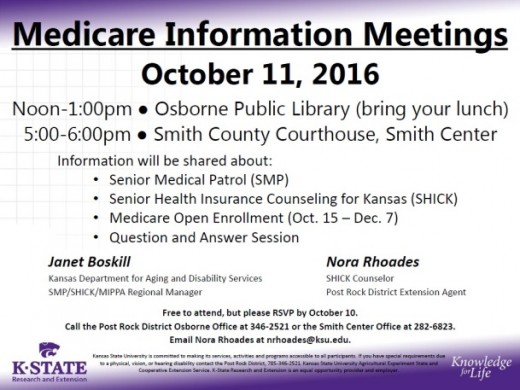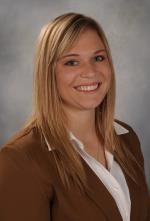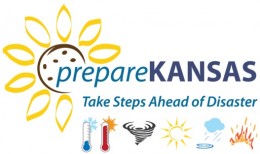Saving energy and money go hand-in-hand. The Consumer Federation of America (CFA) has identified 12 simple ways consumers can save both. For more energy saving information, visit energysaver.gov or energystar.gov.
- Air Dry – Air dry dishes instead of using your dishwasher’s drying cycle.
- Turn It Off – Use timers and motion detectors to turn off lights. Unplug TV entertainment systems when travelling (use power strips for easy on/off switching), and don’t leave your computer and monitor on needlessly.
- Don’t Get Burned with Hot Water – Lower the thermostat on your water heater to 120F. Water heaters are the second highest source of home energy use.
- Fill It Up, Please – Wash only full loads of dishes and clothes.
- Keep ‘Em Clean – Check furnace, heat pump, and AC filters once a month, replace regularly. Dirty filters can increase energy costs and damage equipment.
- Get a Check Up – Get your heating system checked once a year. A licensed professional will make sure that your system is operating efficiently and safely.
- Stop the Breeze – Caulk and weather-strip around drafty doors and windows.
- Get an Audit – Your utility company may offer free energy audits that can identify expensive energy losses in your basement, unfinished rooms, attics and leaky ductwork. Sealing your ducts can give big savings on energy bills.
- Take a Walk – Circle your home with an easy-to-use spray foam insulation. Look for openings and gaps around pipes, chimneys, lights, windows, and brick and cement work.
- Get with the Program – Install a programmable thermostat which automatically adjusts the temperature during the day or at night, keeping you from forgetting as you dash off to work. This can save you up to $100 a year.
- Stay Bright – As “old-school” incandescent light bulbs burn out, replace them with new, light emitting diode bulbs (LEDs) and save about $90 a year in electricity costs. You pay more up-front, but shop around, prices are dropping. They use up to 25% less energy and can last up to twelve times longer.
- Be a Star – Look for products and appliances that have earned the ENERGY STAR label. They meet strict new energy efficiency criteria that will reduce your utility bills and help the environment. For example, an ENERGY STAR clothes washer uses about 40% less water and 25% less energy than standard models.
By: Nora Rhoades




